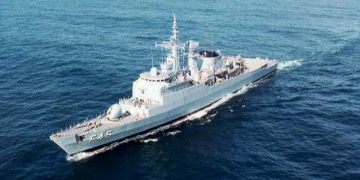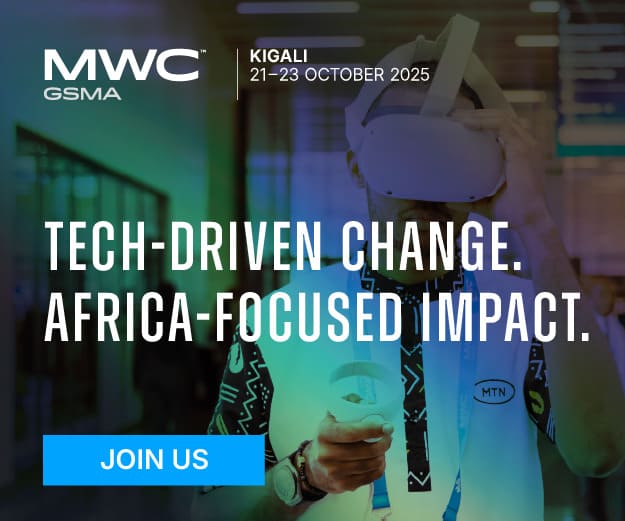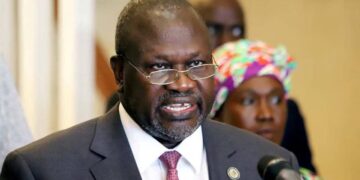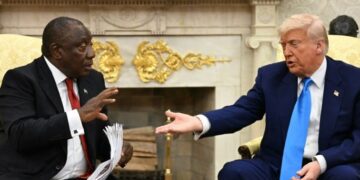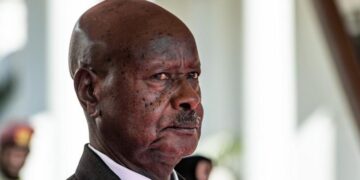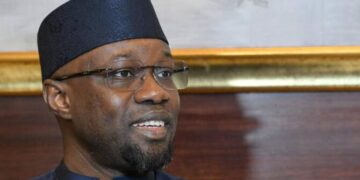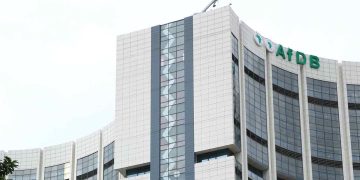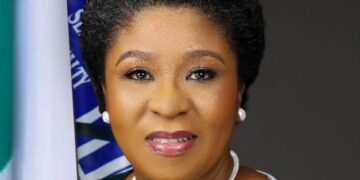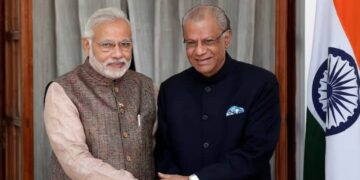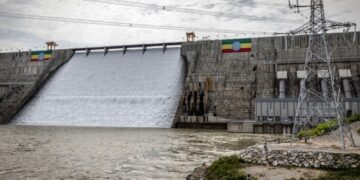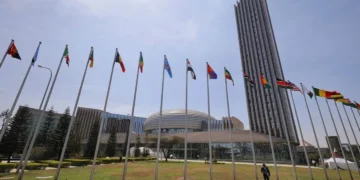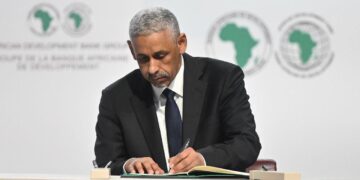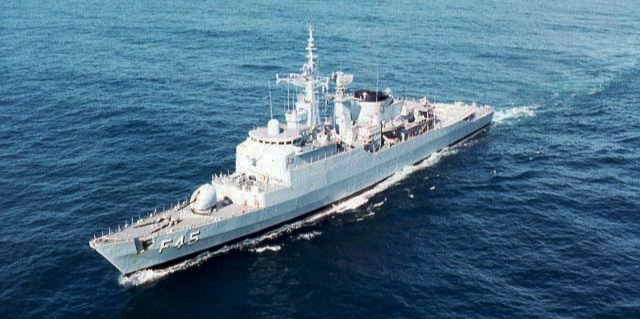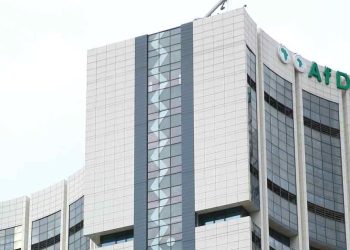By John Ikani
Brazilian Navy Ship, Fragata INDEPENDENCIA, has arrived Nigeria for maritime interdiction mission code named ‘GUNEX’ in the Gulf of Guinea.
Revealing this to newsmen, the Ambassador of Brazil in Nigeria, H. E. Ricardo Guerra de Araújo represented by the Consulate General of Brazil in Lagos, Francisco Carlos Soares Luz, said the presence of the 42-year-old vessel in Nigeria is to partner Nigerian Navy in a joint operation between Guinea, Cameroon, Cape Verde, to fight piracy in the gulf of guinea and other international crimes.
According to him: “Fighting pirate in the gulf of guinea is very important because at the end, the activities of piracy will raise the cost of products for everyone, especially the land lock countries. They will have to pay more for those things. Brazil and Nigeria share the Atlantic Ocean as a border. So having our border safe is important for everyone and I think no cost is too expensive to keep the Atlantic Ocean safe.”
Carlos added that it is the first operation between both countries and he hoped it would not be the last because of the large economies of Nigeria and Brazil.
What you should know
The arrival of Brazil’s Fragata INDEPENDENCIA comes 3 weeks after U.S Navy ship, USS Hershel “Woody” Williams, arrived in Lagos to enable Nigeria in the fight against Piracy, which has made the Gulf of Guinea the global epicentre for piracy.
Nigerian waters are at the center of the Gulf of Guinea, a vast expanse of the Atlantic Ocean stretching from Senegal to Angola that’s the most dangerous part of the world for sailors, accounting for almost all kidnappings at sea in recent years.
The International Maritime Bureau in its Annual Piracy report said that 135 crew members were kidnapped from their vessels, with the Gulf of Guinea accounting for over 95% kidnapped in 22 separate incidents.
The combined efforts against piracy in the Gulf of Guinea will also help checkmate loses of about 800,000 tons of fish a year, worth almost $2 billion in gross revenue, to illegal activities by both foreign and domestic vessels, a development that removes vast seafood protein from West Africa’s waters.
